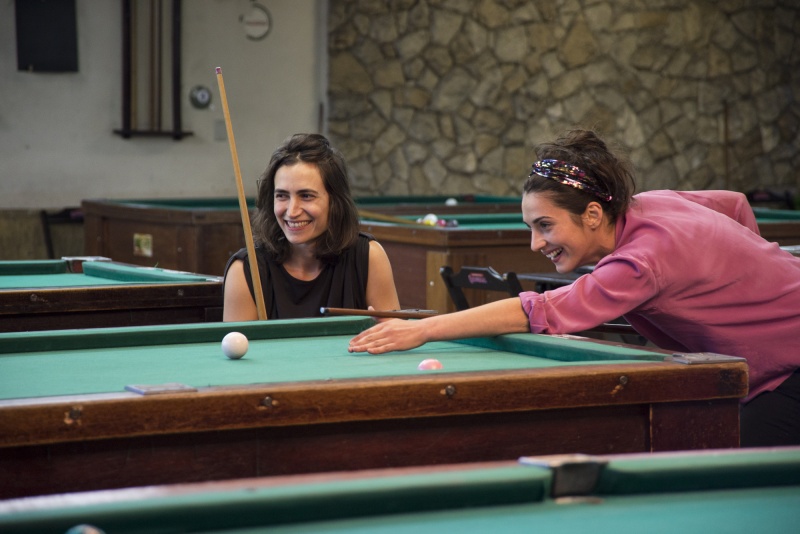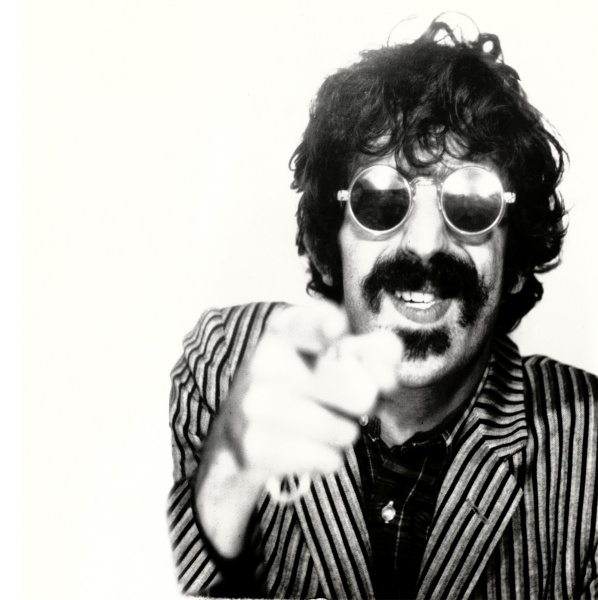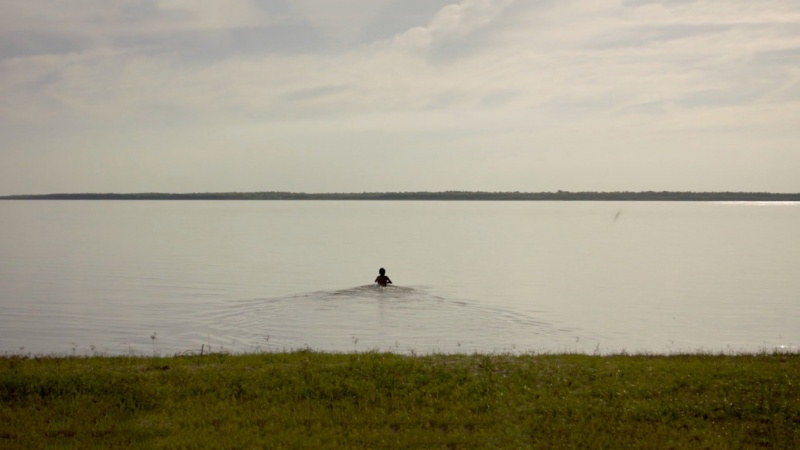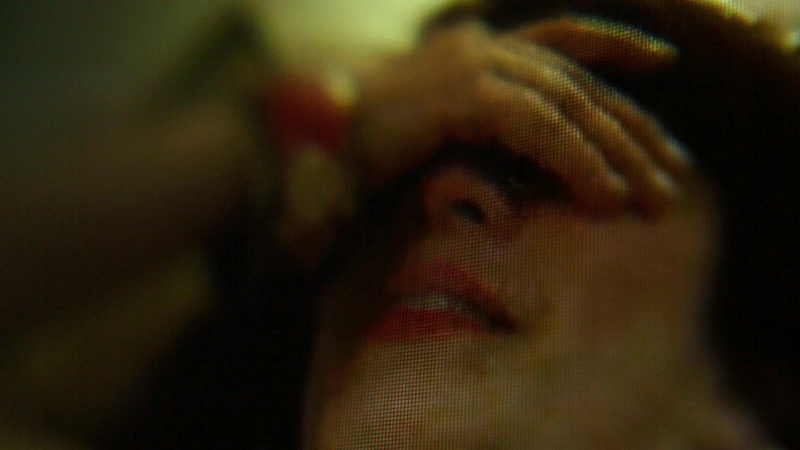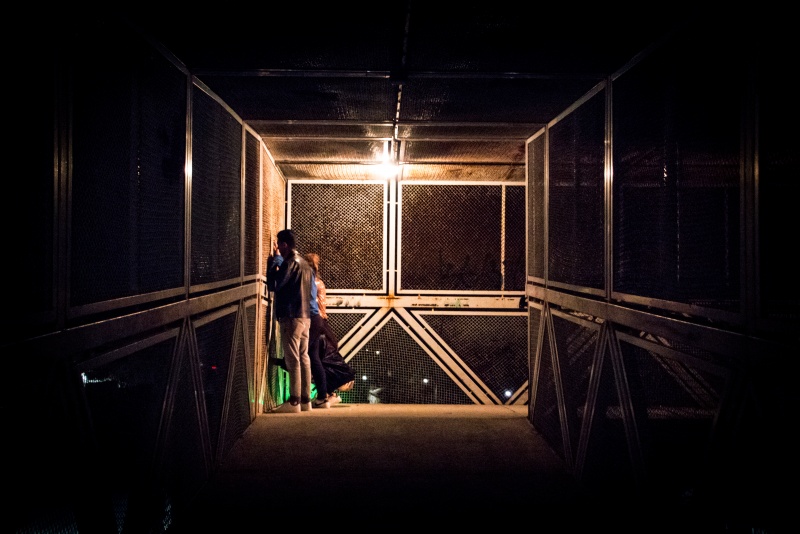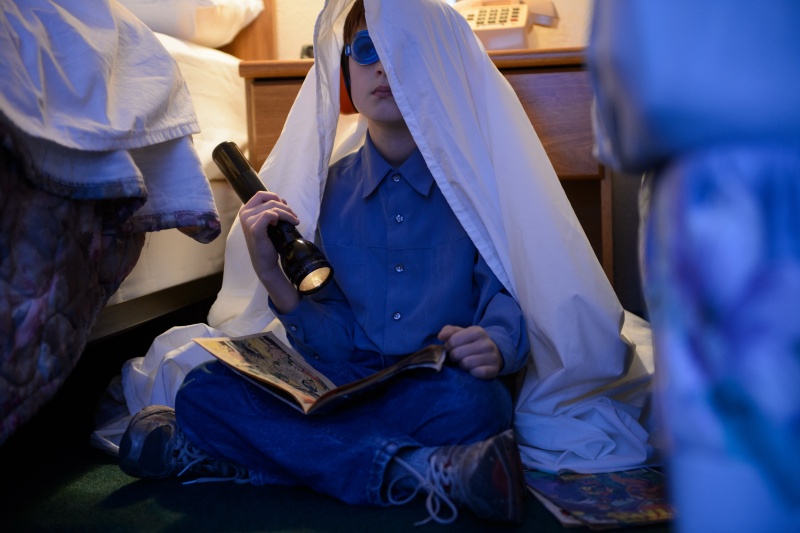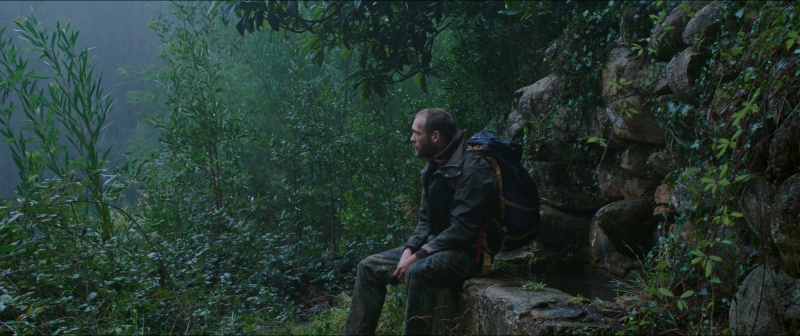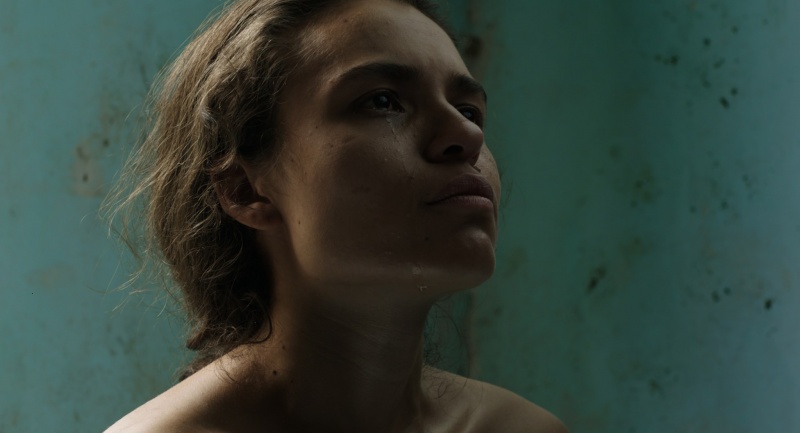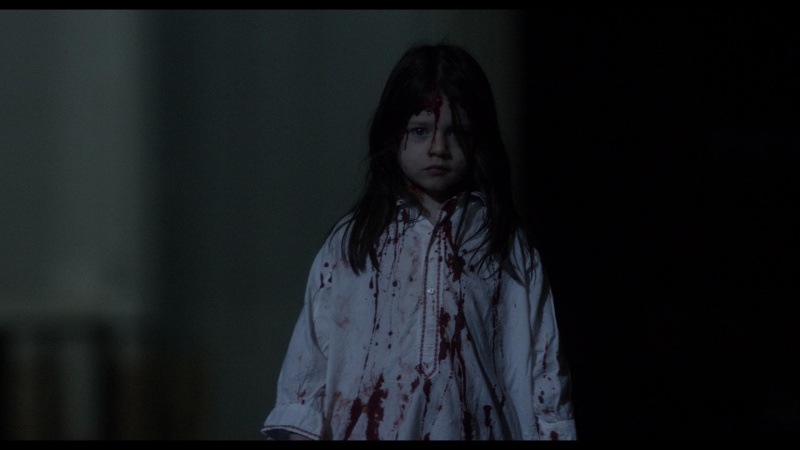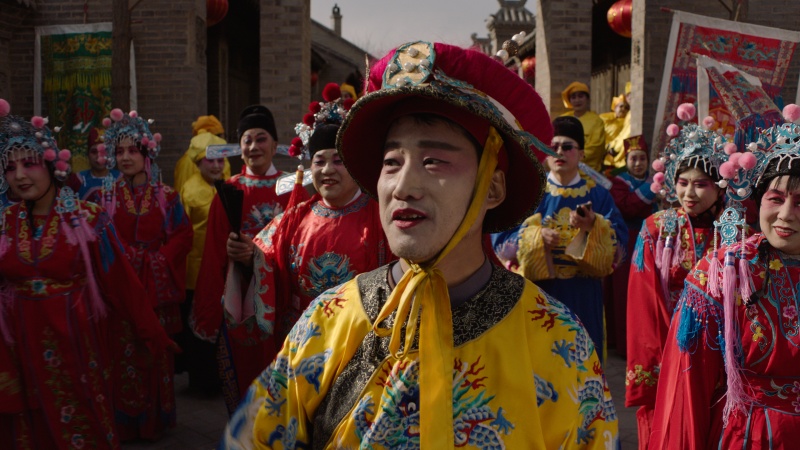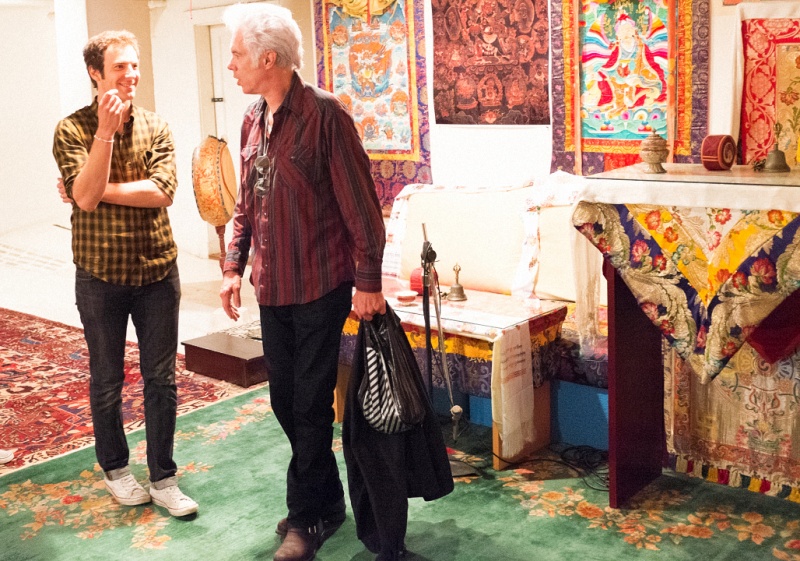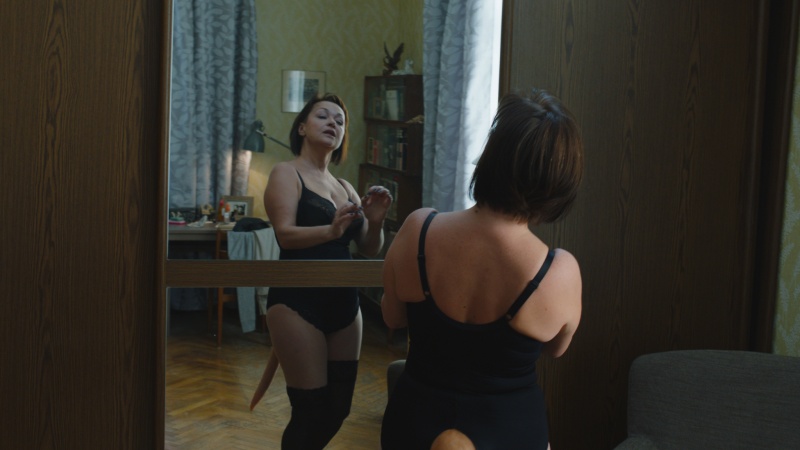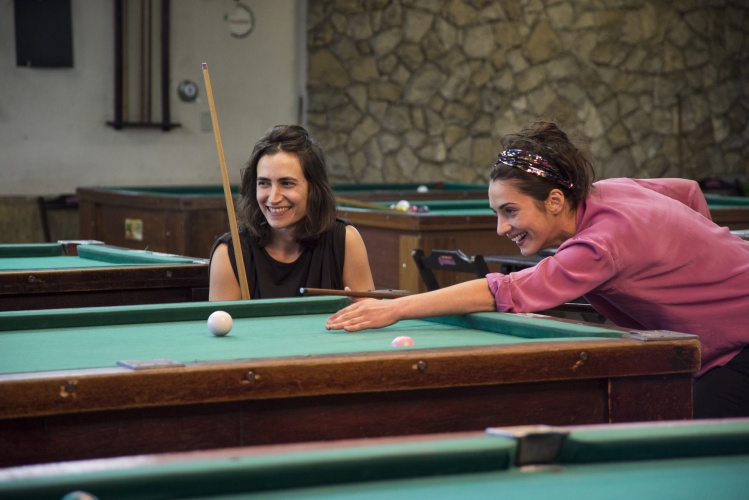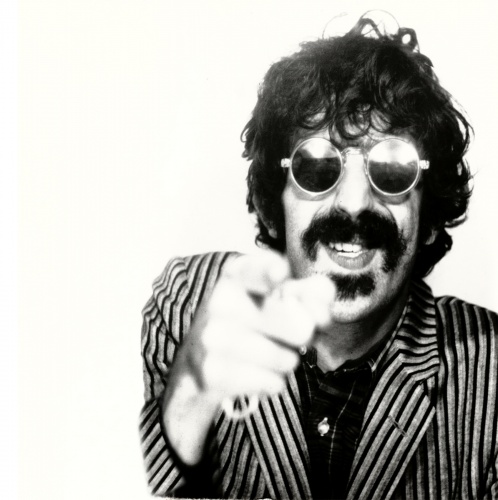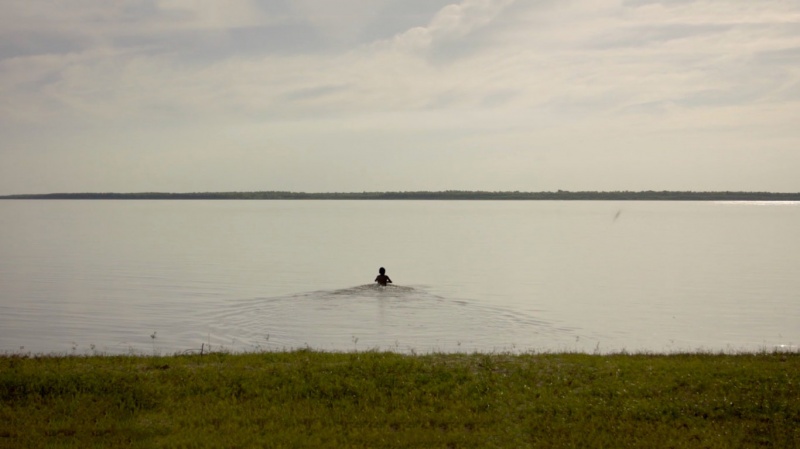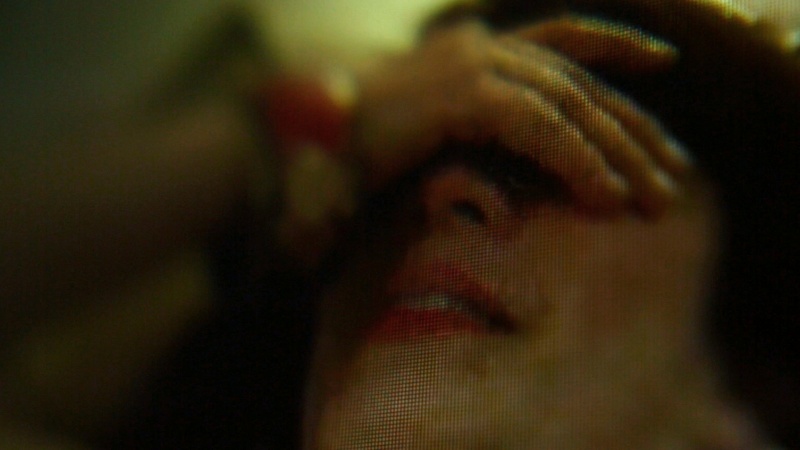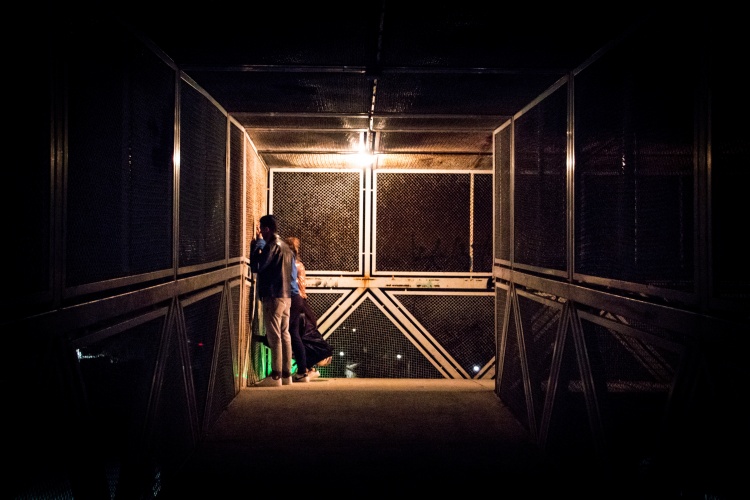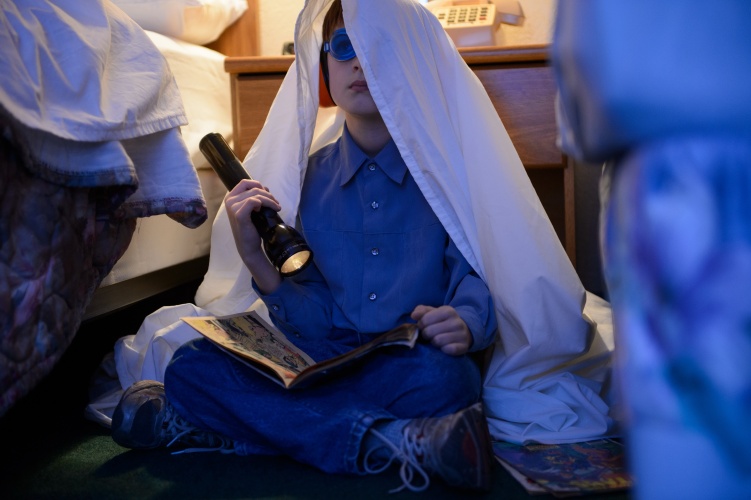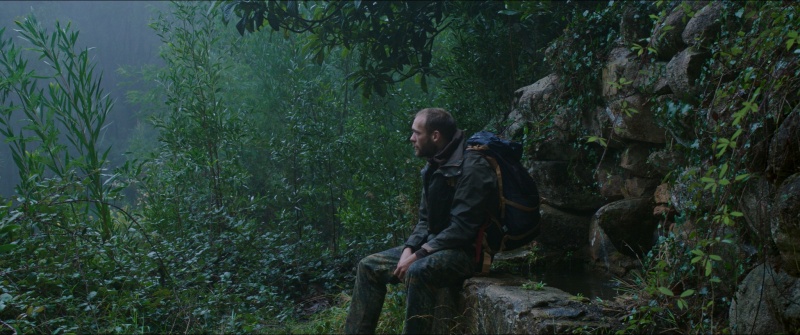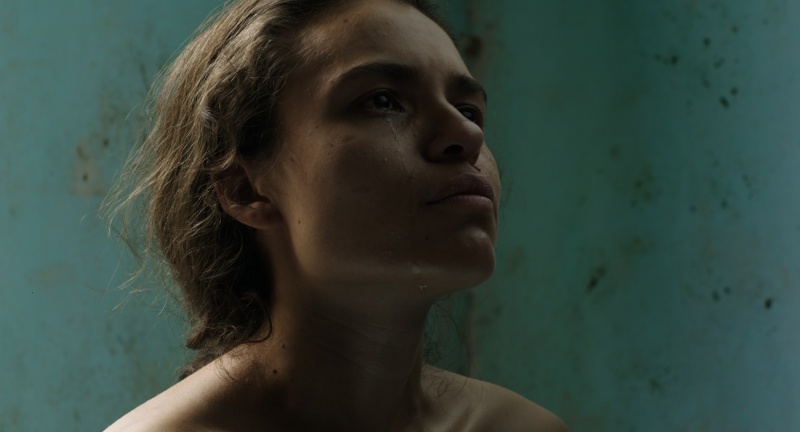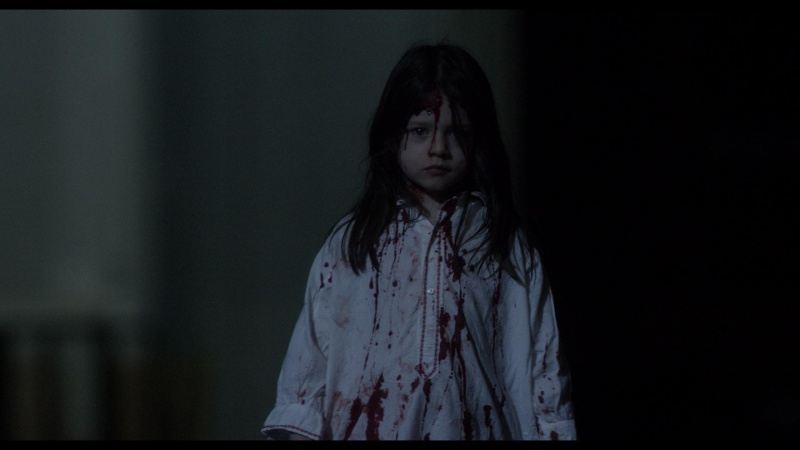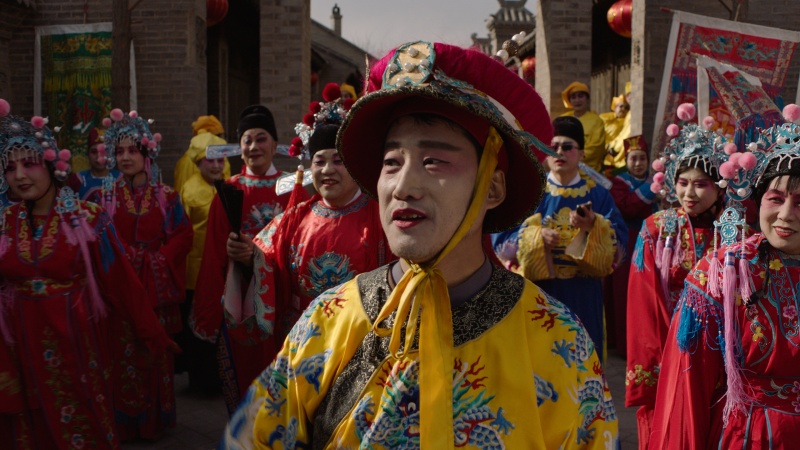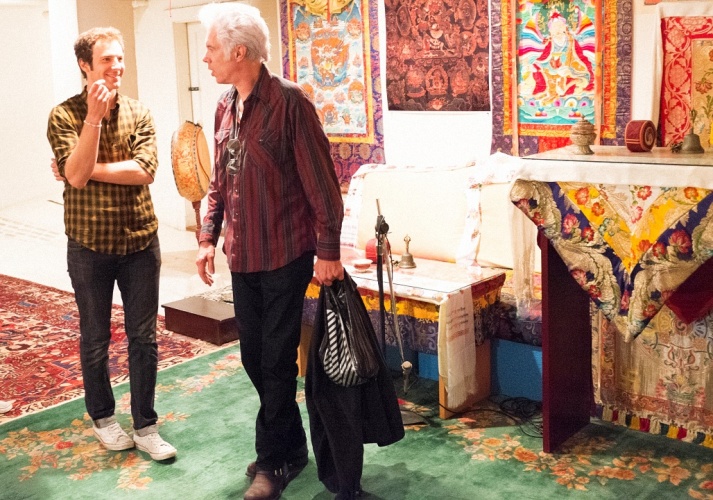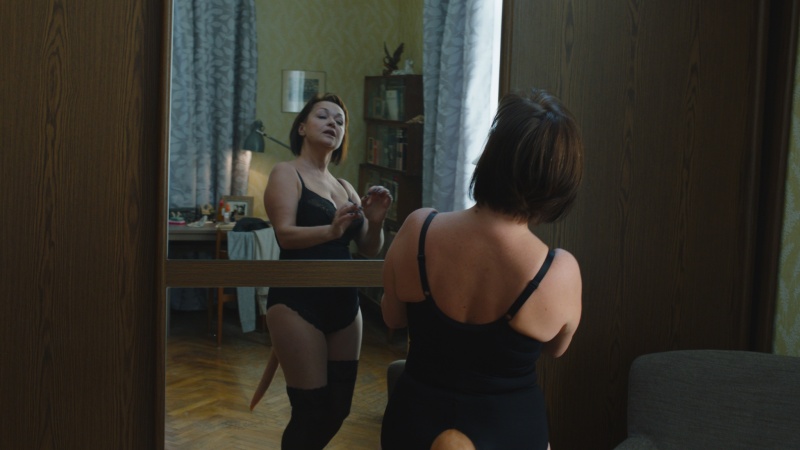The section showcasing the year’s most eye-opening movies, Zabaltegi-Tabakalera will comprise 24 titles at the 64th San Sebastian Festival. In its first competitive edition, Zabaltegi-Tabakalera adds to the titles announced in July the works of Pablo Álvarez, Bertrand Bonello, Aaron Brookner, Paz Encina, Chema García Ibarra, Felipe Guerrero, Jeff Nichols, Marilia Rocha, João Pedro Rodrigues, Thorsten Schütte, Todd Solondz, Ivan I. Tverdovsky and Jia Zhang-ke.
The helmer of Take Shelter, Mud and Loving, Jeff Nichols (Little Rock, Arkansas, 1978), writes and directs Midnight Special, a supernatural thriller in a science fiction- cum-road movie crossbreed. The film, premiered at the Berlinale, follows a father and his 8 year-old son as they beat a hasty retreat from the Federal Government, hot on their tracks after discovering that the child has special powers.
The North American screenwriter and director Todd Solondz (Newark, New Jersey, 1959), a reference of independent cinema, presents the comedy-drama Wiener Dog. Premiered at Sundance, the four tales making up the story star Keaton Nigel Cooke, Tracy Letts, Julie Delpy, Danny DeVito, Kieran Culkin, Greta Gerwig and Zosia Mamet. Solondz, author of films including Welcome to the Dollhouse, has picked up awards at Cannes, Berlin and Venice and returns to Zabaltegi after presenting Happiness in 1998 and Storytelling in 2001.
João Pedro Rodrigues (Lisbon, 1966) began studying Biology with his eyes set on becoming an ornithologist before ditching his studies to focus on cinema. In O Ornitólogo / L’ornithologue, his fifth feature film currently in the official competition at Locarno, having competed with his previous movies in Un Certain Regard at Cannes and Venice, he precisely focuses on the figure of a solitary ornithologist searching for black swans in danger of extinction when he is swept away by the rapids, only to find himself in a mysterious forest where he is forced to deal with extreme situations.
Aaron Brookner (New York City, 1981), author of The Silver Goat, the first feature film created for iPad, recovers in Uncle Howard the figure of his real-life uncle Howard Brookner, who captured in “Burroughs: The Movie” the cultural revolution underway in the New York of the early 80s, prior to his premature death.
The first inroads to fiction by Marilia Rocha (Belo Horizonte, Brazil, 1978), A cidade onde envelheço / Where I Grow Old, selected at Films in Progress in Toulouse last year and premiered at Rotterdam, takes a close look at the reunion in a Brazilian city between two Portuguese friends who would seem to have two different ways of dealing with life.
Similarly making his fictional debut is Felipe Guerrero (Colombia, 1975), author of the documentaries Paraíso (2006) and Corta (2012), both of which have enjoyed an intense international track record. In Oscuro animal he tells the tale of three women who travel from the jungle to Bogotá in an effort to escape the armed conflict. The film was premiered at Rotterdam, landing the FIPRESCI Prize at the T-Mobile New Horizons IFF and awards in the categories of Best Ibero-American Film, Best Director, Best Actress (shared by the three cast headliners) and Best Cinematography at the Guadalajara Festival.
The first feature film by Paz Encina (Asunción, 1971), Hamaca paraguaya (Paraguayan Hammock), bagged many and prestigious awards, among them the FIPRESCI Prize at the Cannes Festival. Zabaltegi-Tabakalera will host the world premiere of Ejercicios de memoria (Memory Exercises), her second feature film, in which she studies the figure of Agustín Goiburú, the most stubborn opponent of the Alfredo Stroessner dictatorship. Ejercicios de memoria (Memory Exercises) delves into the memories of the three children of Goiburú, assassinated in the framework of the Condor Operation in 1977, to reconstruct the political context of one of the longest dictatorships in Latin America.
For his part, Ivan I. Tverdovsky (Shelkowo, Russia, 1981), who won some thirty awards all over the world with Corrections Class, will present his second feature film, Zoologiya / Zoology, taking as its starting point a woman who grows a tail that changes her life. The film was acknowledged with the Special Jury Prize at Karlovy Vary.
The documentary Eat That Question: Frank Zappa in His Own Words is an intimate look at the life and work of the musician from Baltimore by the Norwegian moviemaker Thorsten Schütte, author of two other documentaries Ich, der King of Porn - Das abenteuerliche Leben des Lasse Braun and Namibia Generation X.
Pablo Álvarez (Santiago, 1985), who participated in the International Film Students Meeting in 2014 and whose project was selected to participate in the first Ikusmira Berriak audiovisual residencies programme, is the author of several short films to have participated in international festivals, including the fictional Los resentidos. Álvarez presents a piece 25 minutes long, a collage of images of the centre of Santiago de Chile by night, in which a lonely, mysterious man can be discerned.
Zabaltegi-Tabakalera will also include the screening of the short film La disco resplandece (The Disco Shines) by the filmmaker Chema García Ibarra (Elche, Spain, 1980), whose previous works have been selected at the Festival de Cannes’ Quinzaine des Réalisateurs, Sundance or Berlin. The piece is part of the anthology film In the Same Garden about relations between the Turks and the Armenians scheduled to have its premiere at the Sarajevo Festival on Monday.
Jia Zhang-ke (Shanxi, 1970), one of China’s weightiest moviemakers, Golden Lion at Venice for Still Life (2006) and best screenplay award at Cannes for A Touch of Sin (2013), will present the short film The Hedonists. Writer and producer of works by young filmmakers, Zhang-ke portrays the dramatic odyssey of a group of unemployed miners from Shanxi as they look for work.
Bertrand Bonello (Nice, 1968) , who competed in the Official Selection with the eagerly awaited Nocturama, has alternated shorts and features throughout his career. Zabaltegi-Tabakalera will see the screening of Sarah Winchester, opéra fantôme, a hybrid of historical essay and ghost story premiered at the FID Marseille. Bonnello has also composed the soundtrack.
Ghosts too inhabit the first feature film by Koldo Almandoz (San Sebastian, 1973). Premiered in Rotterdam, Sipo Phantasma (Ghost Ship) is a tale of shipwrecks, vampires, loves and cinema. Another two Basque productions figure in this section: the Kimuak’s short films Caminan (On The Path), by Mikel Rueda, and Gure hormek / Our Walls by Las chicas de Pasaik (María Elorza and Maider Fernandez Iriarte).
These, added to the films already announced, complete the Zabaltegi-Tabakalera selection, alongside the competing films by Bertrand Tavernier, which will open the section, Terence Davies, Lav Diaz, Jim Jarmusch, Hayoun Kwon, Jean-François Laguionie, Deborah Stratman and José Luis Torres Leiva.
Francisca, a young Portuguese woman living in Brazil, welcomes Teresa, an old acquaintance she'd lost contact with, into her home. While Teresa discovers the place where she means to settle, Francisca craves for her life back in Lisbon.
An intimate meeting with this musician and iconoclastic composer. Through unpublished footage, the spectator takes part in the provocation of this twentieth century genius whose way of understanding the world still is prevailing.
Paraguay suffered one of the longest dictatorships in Latin America (1954-1989). Agustín Goiburú was the most important political opponent to the Stroessner regime. This documentary tries to enter a whole political context through the memories of Agustín Goiburú's three children.
Partly a symphony of a city, partly an experimental film and, to some extent, a fake documentary. A set of images show the centre of Santiago at night, to retrace the steps of an absent an anonymous character. Different background voices try to describe this person through unconnected stories and they often contradict each other. The result is the vague reconstruction of an absent man. He is a stranger who embodies a déclassé and careeism character rooted in the depths of Chilean society. A desire to exercise power over the rest shown through different forms of violence.
Saturday, April. Nice weather. The shadow of the mountain grows as evening falls. Five boys get ready for the evening: they have booze, a car and music. No matter if the disco shut down years ago.
What starts as a race from religious extremists and local law enforcement quickly escalates to a nationwide manhunt involving the highest levels of the Federal Government. Roy is a father who will ultimately risk everything to protect his eight year-old son Alton and help fulfil a destiny that could change the world forever in this genre-defying film as supernatural as it is intimately human.
Fernando, a solitary ornithologist, is looking for endangered black storks along a remote river in northern Portugal, when he is swept away by the rapids. Rescued by a couple of Chinese pilgrim girls on their way to Santiago de Compostela, he plunges into a dark, eerie forest, trying to get back on track. But as he encounters unexpected and uncanny obstacles and people who put him to the test, Fernando is driven to extreme, transformative actions. Gradually he becomes a different man: inspired, multifaceted, and finally enlightened.
Oscuro animal tells the tale of a voyage from the jungle to the city by three women obliged to flee from the harrassment of Colombia’s rural war. Each will undertake her own journey in search of peace and quiet. Arriving in Bogotá, they will draw breath before tackling the new period of their lost lives.
An opera ballet that doesn't exist. A ghost-like piece, played in Opera Bastille and danced at Opera Garnier. An almost mystical link between both scenes. A musician is testing sounds in Bastille's pit. The choir are taking their place in the rehearsal studio. Both sides are fine tuning the work in progress of an opera ballet: Sarah Winchester, her grief, her madness, her home and her ghosts.
An engaging drama about several unemployed Shanxi coalminers looking for work.
Howard Brookner's first film, Burroughs: The Movie, captured the cultural revolution of downtown New York City in the early '80s. Now in a personal journey, his nephew Aaron unearths Howard's filmmaking legacy and the memory of everything he was.
Wiener-Dog tells several stories featuring people who find their life inspired or changed by one particular dachshund, who seems to be spreading a certain kind of comfort and joy. Man’s best friend starts out teaching a young boy some contorted lessons before being taken in by a compassionate vet tech named Dawn Wiener. Dawn reunites with someone from her past and sets off on a road trip picking up some depressed mariachis along the way. Wiener-Dog then encounters a floundering film professor, as well as an embittered elderly woman and her needy granddaughter—all longing for something more.
Middle-aged Zoo worker Natasha still lives with her mother in a small coastal town. She is stuck and it seems that life has no surprises for her until one day... she grows a tail and turns her life around.

